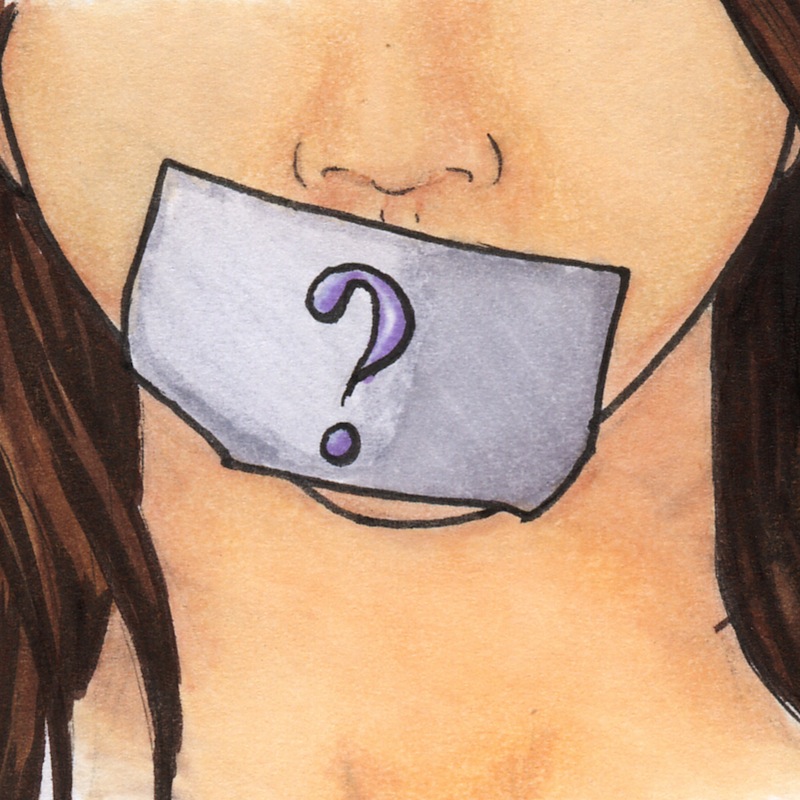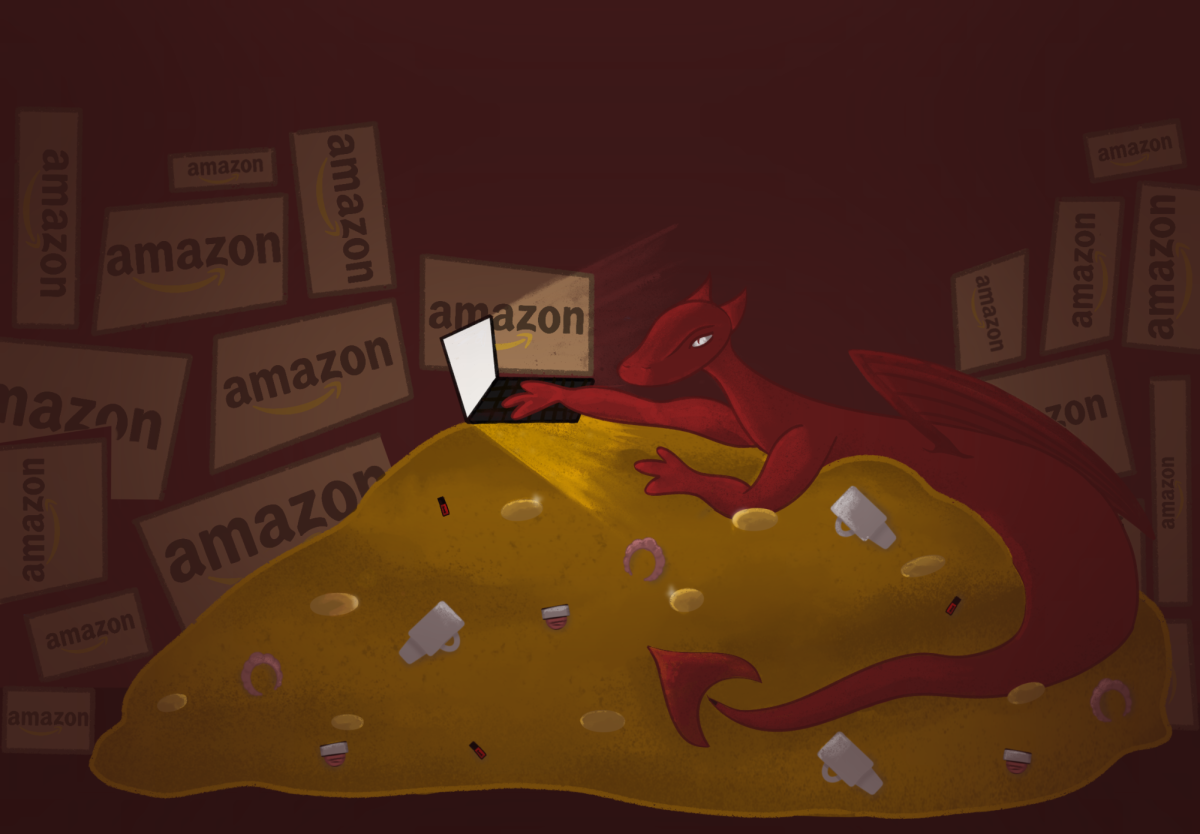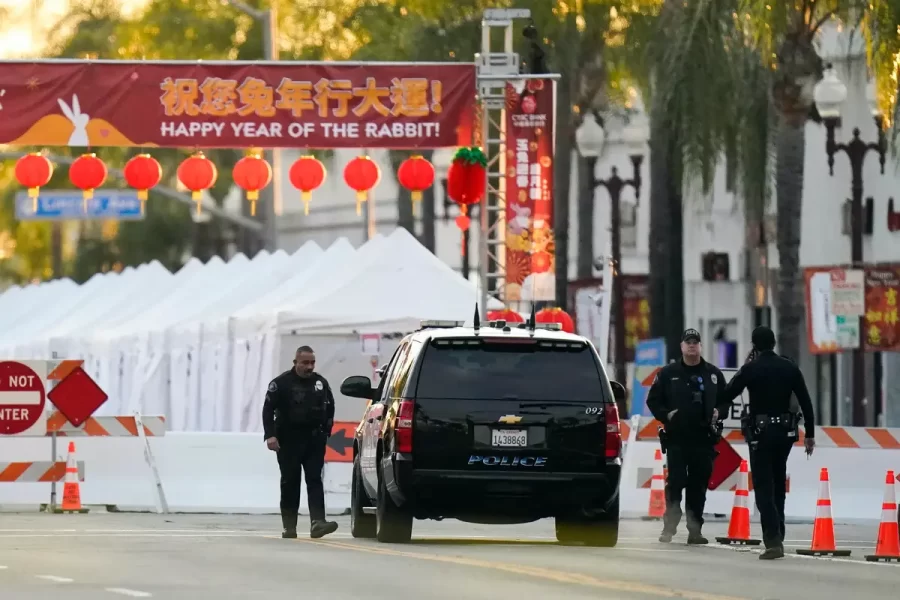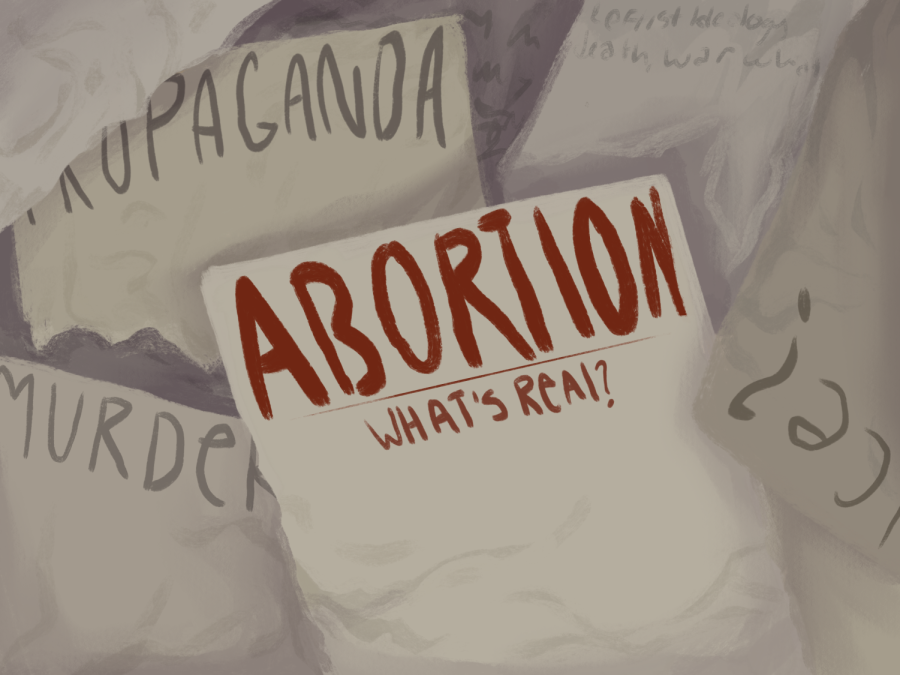
Many questions arise when addressing the enigma of a “perfect society” or however close humanity can actually get. One of the main ones modern society has been trying to tackle for years is “What is politically correct?”
Though a broad question, “What is politically correct?” generally pertains to what society deems is okay to call someone when addressing their ethnicity, gender, religion, or really anything that can categorize them into a group. The question itself basically asks, “What can somebody say about a person’s main physical characteristics without sounding racist, rude, or ignorant?”
With all the racism and social Darwinism built into the U.S.’s history, it’s nice to think that all or at least a majority of its citizens are striving to be politically correct, but sometimes the line between what is politically correct and what is so ridiculously correct that it reaches the point of incorrectness blurs.
For example, what would you call a person of African descent from Germany? You can’t call him “black” because according to society, that isn’t politically correct. However you can’t call him African American either, because he isn’t from Africa and he isn’t from America.
In response to the fear of being racist, many citizens end up going overboard on their quest to be “politically correct.” They cannot utter a word that even slightly resembles a remark about a person’s ethnicity and if anyone around those select not-so-few overly-zealous individuals says anything slightly race, religion or gender-oriented, they make sure to give them a stern lecture about the dangers of racism. No words or phrases regarding gender, race, or any type of social identity can be used without upsetting six different hypocritical, overly-cautious citizens in the process. Though it is absolutely true that people should not be categorized into race, gender, or class, is it really necessary to make people so cautious that they feel uncomfortable describing the race of their assailant if they got mugged?
The situation may sound ridiculous but I honestly wouldn’t be surprised if it were true, considering the growing number of fearful individuals who care way too much about being politically correct for all of the wrong reasons.
If people genuinely thought they were being offensive and were simply adjusting their own vocabularies to avoid offending people then we wouldn’t be faced with the problem of overly-political correctness. The problem is that people do not change their word choice out of the fear of offending someone. They change it out of the fear of what society will think if the words that the majority has deemed unfit to speak are being used. In other words, no one wants to be categorized as a racist.
The problem with trying to be politically correct is that it creates this unnecessary fear in people that constantly convinces them they are saying something offensive. There is no real way of telling whether what they are saying is really offensive or not, because the definition of what is politically correct is constantly changing.
What is politically correct is whatever society deems to be appropriate to say and because society has changed so much throughout the centuries, so has political correctness. At one point in time it was probably considered “okay” to address African Americans as “Negros” because that is what society said was acceptable. Not once did those people take into account what the people they were saying this to felt.
Racism, classism, and discrimination in general are awful things that society needs to get rid of, but trying to be “politically correct” will get us nowhere. Addressing people by false stereotypes like women in the kitchen jokes is wrong, but you should not be considered a racist for saying “black” instead of “African American.”
Political correctness waxes and wanes with the tides of time and pull of society, so should we really be focusing on something so fickle and irrelevant?







